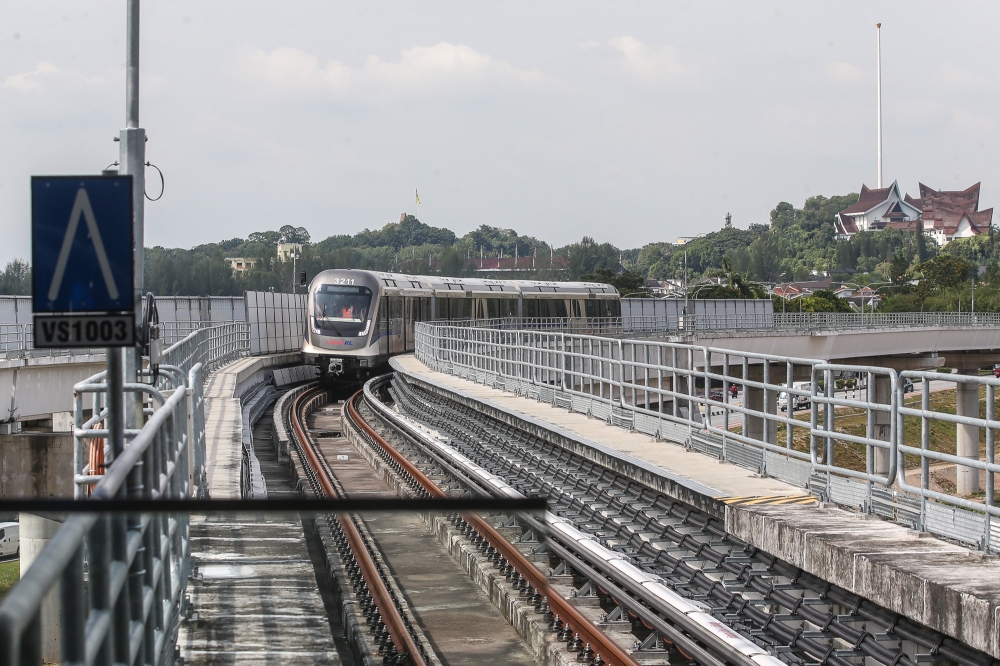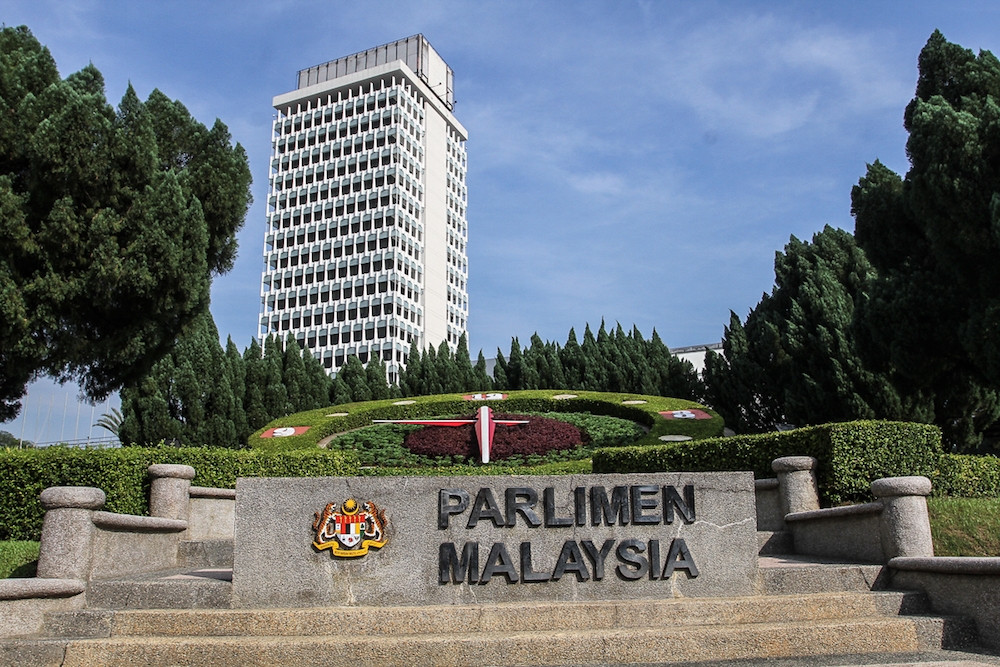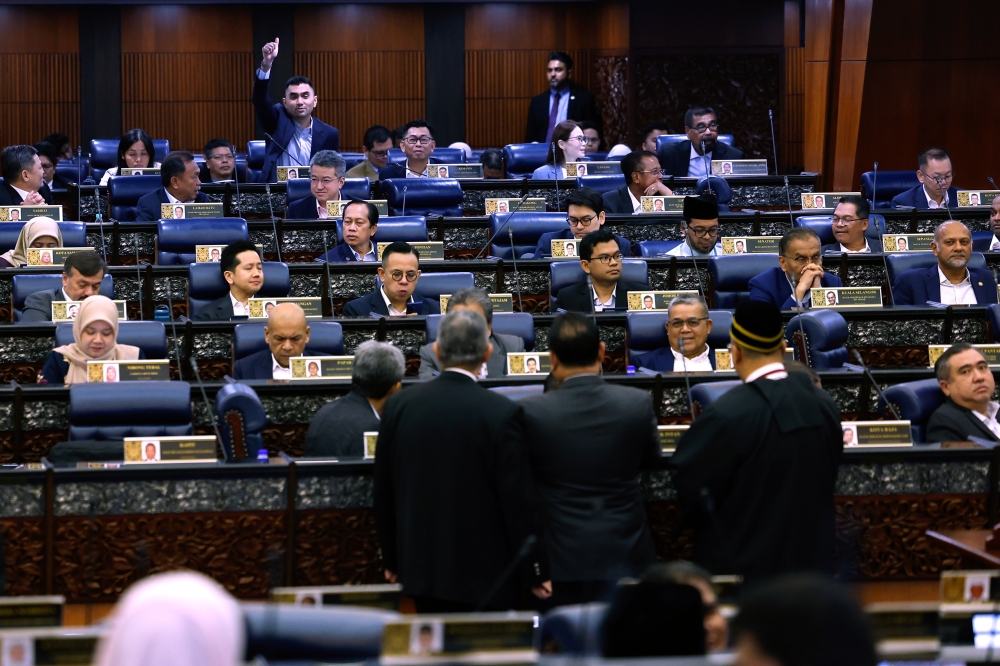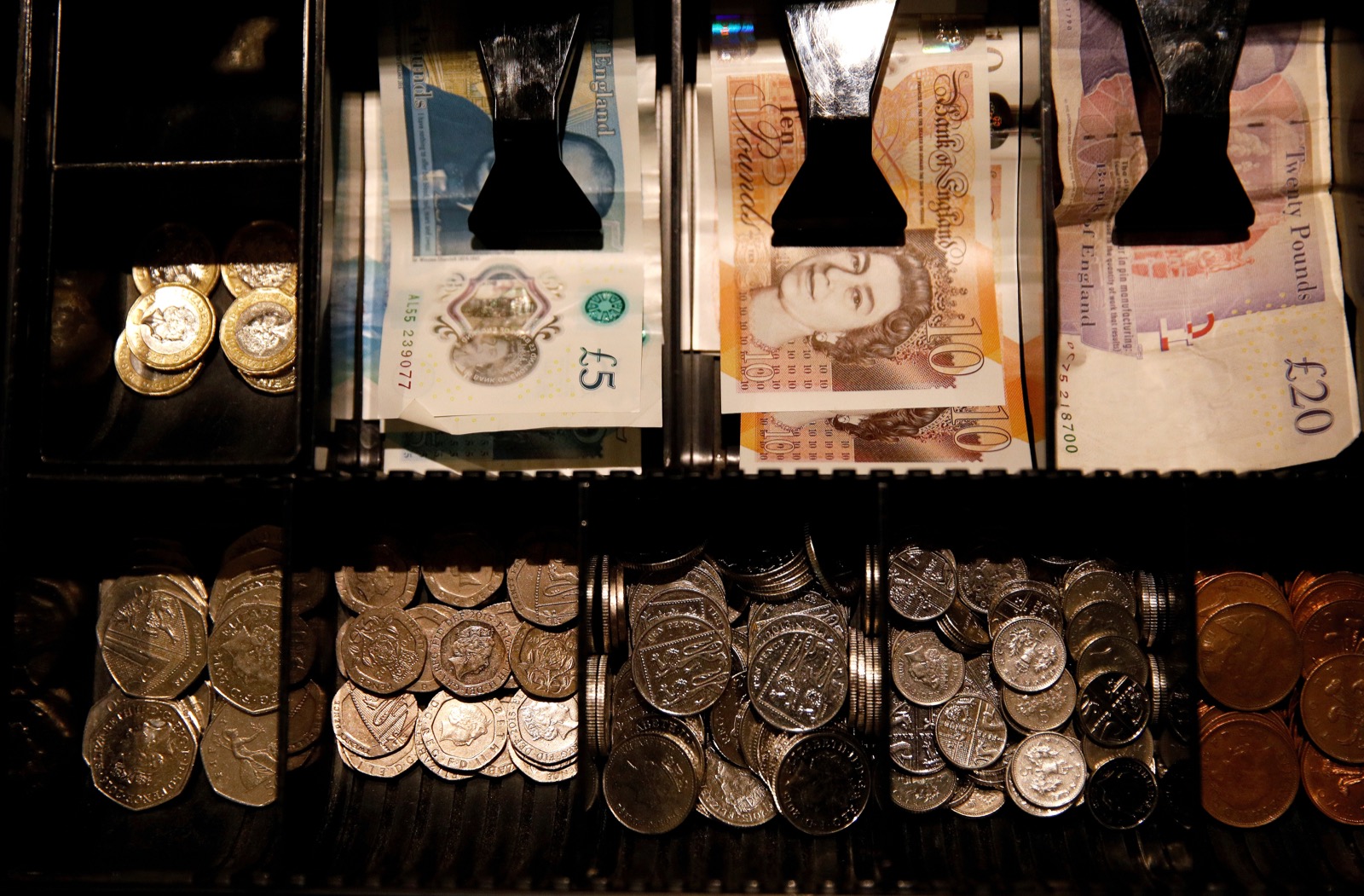LONDON, Sept 5 — Sterling jumped yesterday, posting its best day against the dollar in over five months, as investors grew more optimistic after British lawmakers took steps in an attempt to block a no-deal Brexit.
Lawmakers who defeated Prime Minister Boris Johnson’s government late on Tuesday are hoping to pass a bill that seeks to stop Britain from leaving the European Union on October 31 without transitional arrangements.
Johnson’s demand for an October 15 snap election was also defeated.
“This certainly puts no-deal in its place: UK not doing it,” said Juan Perez, senior currency trader at Tempus Inc in Washington. “Sterling should see tremendous recovery.”
The moves put sterling further off the three-year low of US$1.1959 (RM5.02) hit on Tuesday.
Bank of England Governor Mark Carney said yesterday that a worst-case no-deal Brexit would inflict less severe damage on Britain’s economy than previously thought because of preparations undertaken since the end of last year.
Sterling ended up 1.4 per cent at US$1.2253, a shade below its one-week high of US$1.2258, as it was initially lifted by a 0.6 per cent dollar pullback sparked by Tuesday’s dismal US manufacturing data..
Against the euro, the pound finished 0.85 per cent higher at 90.03 pence, a level not seen since July 29.
Sterling volatility gauges also eased, with two-month implied vol, a contract capturing the October 31 Brexit deadline, falling from three-year highs reached on Tuesday.
The appetite for sterling was not dented even by a weaker-than-expected services purchasing managers’ (PMI) survey, though the figures came as a warning that Britain’s economy is in danger of entering its first recession since the financial crisis.
The PMI fell to 50.6 in August, barely above the barrier between growth and contraction, from 51.4 in July. A Reuters poll had forecast a decrease to 51.
More big price swings are likely as the battle over Brexit enters another crucial phase. Possible outcomes range from a turbulent no-deal exit to abandoning the whole endeavour.
The British currency is the second worst performing major currency year-to-date, according to Refinitiv data. Except for lows plumbed during the October 2016 “flash crash,” Tuesday’s fall took sterling towards levels not seen since 1985. — Reuters



















